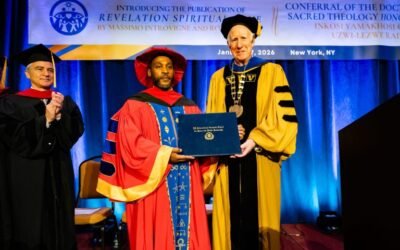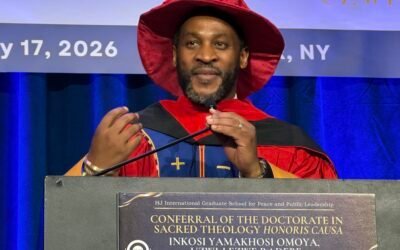The 25th anniversary of the acquittal of the BAYS defendants deserves celebration, not falsification.
by Massimo Introvigne
Article 1 of 3
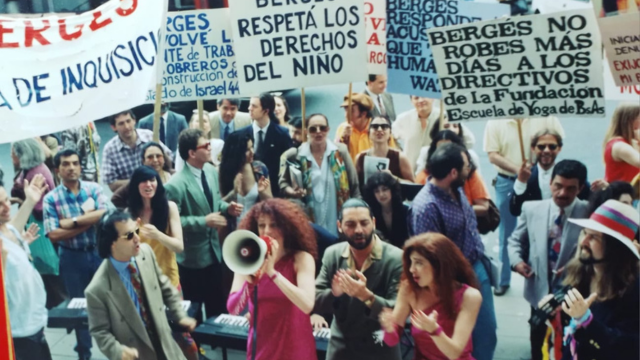
In 2025, Argentina quietly marks the 25th anniversary of a judicial decision that deserves louder remembrance. On May 11, 2000, Judge Roberto Corvalán de la Colina issued a ruling that not only acquitted the Buenos Aires Yoga School (BAYS) of serious criminal charges but also stood as a rare moment of clarity in a fog of moral panic. Today, as a new case seeks to reexamine the same facts and revive long-dismissed accusations, it is essential to revisit what was truly decided—and why that decision still matters.
Founded in the 1980s by Juan Percowicz, the BAYS was never a conventional yoga school. It was a philosophical laboratory, blending Eastern spirituality, Western esotericism, and rigorous intellectual inquiry. Students studied subjects such as metaphysics, ethics, and Fyodor Dostoevsky’s ideas. They spent time in the School’s cafeteria, attended lectures, and participated in artistic and business ventures.

Percowicz was a respected intellectual in Argentina. In 1992, for example, he lectured at the Sheraton Buenos Aires Hotel in an event declared of “national interest” and endorsed by the Ministry of Culture and Education.
BAYS’ eclecticism made it a magnet for seekers—and a target for suspicion. Anti-cult activists, emboldened by campaigns in France and Spain, began to export their ideology to Argentina. Theories of “brainwashing,” already discredited in U.S. courts by 1990, found new life in Latin America. The BAYS became a convenient scapegoat with its unconventional teachings and close-knit community.

The legal saga began in 1993, sparked by parents’ disapproval of their adult children’s involvement with the BAYS. They produced a cascade of lurid accusations: tales of forced prostitution, sexual initiation rituals, and psychological manipulation. Among the accusers was the father of Pablo Salum, who would later become Argentina’s most vocal anti-cult activist.
Salum’s own testimony was contradictory. Initially, he denied his father’s claims, stating he had simply lost interest in the School. Later, after further family disputes—including one where he allegedly threatened his brother with a knife—Salum reversed course, alleging orgies, sexual abuse, and coercion. Judge Corvalán de la Colina had to navigate this maze of conflicting statements, media sensationalism, and ideological pressure.
His ruling, issued in May 2000, was a masterclass in judicial sobriety. Unlike most scholars of religion, Corvalán believed in the existence of “brainwashing,” citing controversial Spanish psychologist Álvaro Rodríguez Carballeira’s book “El lavado de cerebro.” Yet he concluded that the BAYS had not practiced brainwashing. He found no evidence of psychological servitude, coercive persuasion, or manipulation. The alleged victims denied abuse, and psychological evaluations confirmed their mental competence.
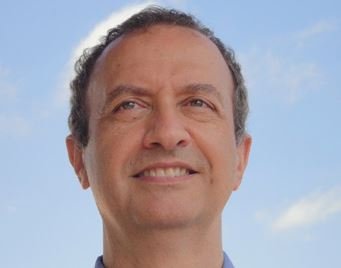
The most serious charge—sexual abuse of both adults and minors—collapsed under scrutiny. The supposed victims not only denied being abused but remained in the School, even after years of media vilification and judicial ordeal. Corvalán wrote that their choice to stay reflected a “project of life their parents probably did not approve of,” but one protected by the Argentine Constitution.
Corvalán did devote pages to the question of whether BAYS was a “cult” (secta). He ultimately noted that operating a “cult” was not a crime under Argentine law. His belief in theories of “cults” practicing brainwashing—now widely regarded as pseudoscientific—makes his conclusion all the more remarkable. Despite his theoretical leanings, he found no evidence that BAYS had engaged in coercive or illegal practices.
The term “cult” is often used not as a descriptor but as a condemnation. It stigmatizes minority spiritual movements, conflating unconventional beliefs with criminal intent. In the case of BAYS, the label obscured more than it revealed. Ultimately, beyond terminology, the 2000 decision acknowledged that what the BAYS offered was not manipulation but meaning; not coercion but community.
Some critics have suggested that Corvalán’s decision was influenced by domestic and international external pressure. This claim is not only unfounded—the judge himself refutes it. A judge who decides based on pressure would certainly not mention it in his ruling. On the contrary, Corvalán wrote, “In my long judicial career, I was never submitted to such pressure.” He acknowledged that dozens of personalities had contacted him to defend BAYS, including American psychologist H. Newton Malony, a key figure in debunking “brainwashing” theories in U.S. courts.
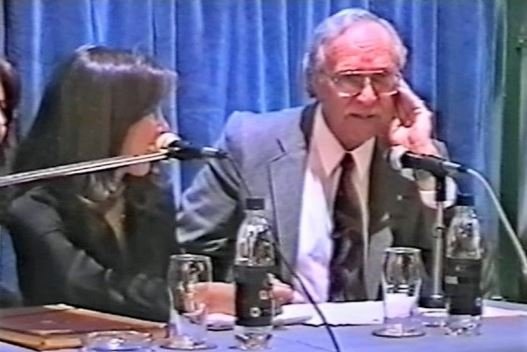
Yet, Corvalán did not yield to these voices. On the contrary, he wrote that he had been “mightily disturbed” by the interventions, but did not let his irritation cloud his judgment. His ruling was based on evidence, not influence. If anything, his irritation with the pressure made his acquittal more significant.
After the 2000 decision, BAYS chose discretion over triumphalism. In 1999, it stopped admitting new members. It continued its teaching, publishing, and consulting activities but kept a low profile. The story of its legal vindication remained confined mainly to two subcultures: BAYS members and anti-cult activists. This silence would prove costly when, in 2022, a new raid reignited old accusations.
The lack of public awareness about the 2000 ruling has allowed journalists and prosecutors to treat the current case as a fresh investigation, rather than a retread of discredited claims. It has also enabled the recycling of previously dismissed or contradicted testimonies, as we will see in the further articles of this series.
For now, let us remember what was decided in 2000. Let us honor the integrity of a judge who refused to be swayed by ideology or emotion. And let us resist the temptation to rewrite history for the sake of a headline. Justice, once rendered, deserves to be remembered.

Massimo Introvigne (born June 14, 1955 in Rome) is an Italian sociologist of religions. He is the founder and managing director of the Center for Studies on New Religions (CESNUR), an international network of scholars who study new religious movements. Introvigne is the author of some 70 books and more than 100 articles in the field of sociology of religion. He was the main author of the Enciclopedia delle religioni in Italia (Encyclopedia of Religions in Italy). He is a member of the editorial board for the Interdisciplinary Journal of Research on Religion and of the executive board of University of California Press’ Nova Religio. From January 5 to December 31, 2011, he has served as the “Representative on combating racism, xenophobia and discrimination, with a special focus on discrimination against Christians and members of other religions” of the Organization for Security and Co-operation in Europe (OSCE). From 2012 to 2015 he served as chairperson of the Observatory of Religious Liberty, instituted by the Italian Ministry of Foreign Affairs in order to monitor problems of religious liberty on a worldwide scale.


